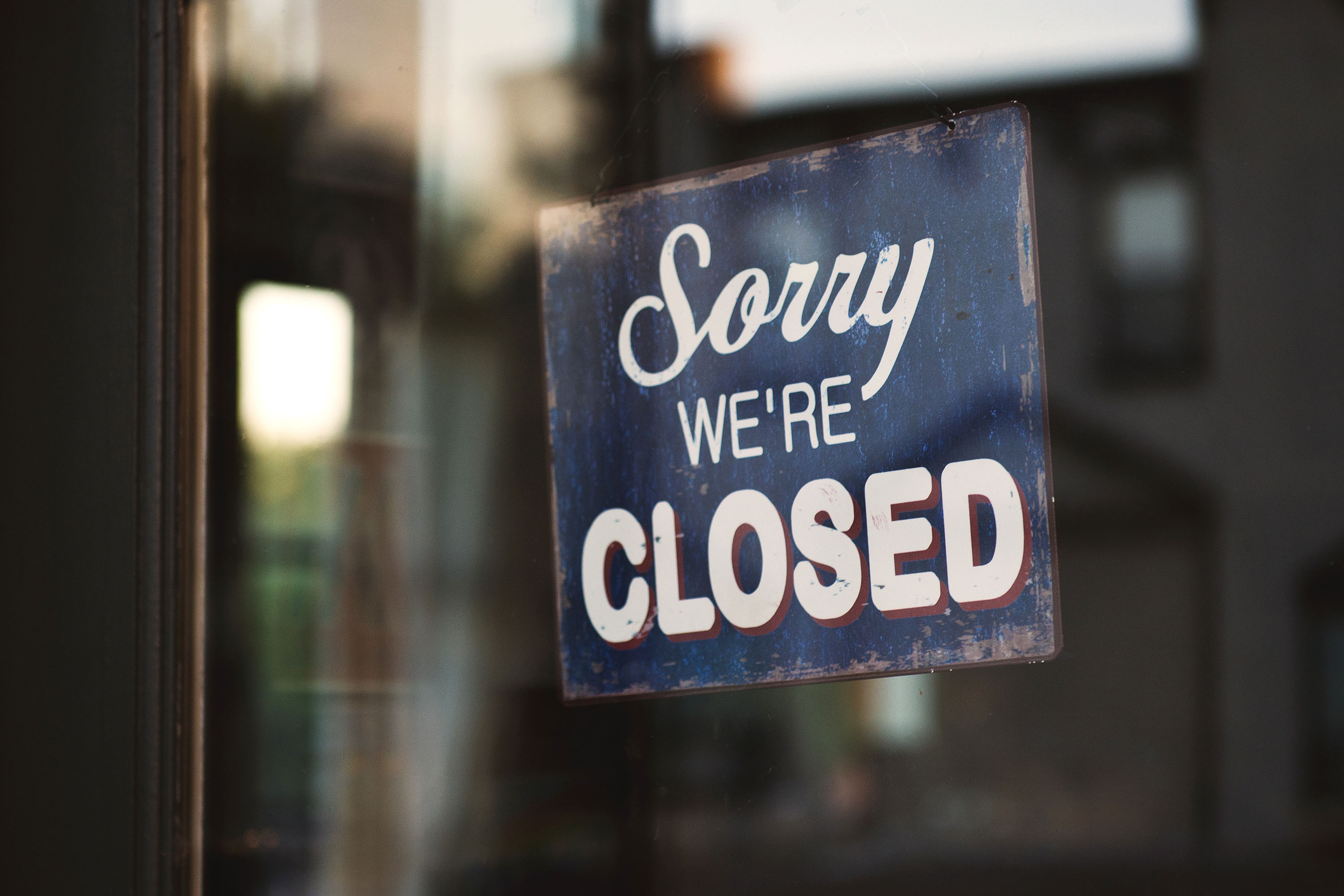Which businesses should be open?

Banks and bookstores. Gyms and juice bars. Dental offices and department stores. In terms of the trade-off between economic benefits and health risks, which businesses are the best bets for keeping open in the face of the covid-19 crisis?
To tackle that question, MIT researchers used a variety of data to measure 26 types of businesses by both usefulness and risk. Sites of vital commerce that are relatively uncrowded, such as banks, fare the best; less crucial businesses that generate crowds, such as gyms and liquor stores, perform worst. Colleges and universities get a reasonable vote of confidence, ranking eighth in economic importance but 17th in terms of risk.
The study was led by Seth G. Benzell, a postdoc at the MIT Initiative on the Digital Economy (IDE); Christos Nicolaides, PhD ’14, a digital fellow at IDE; and Avinash Collis, PhD ’20. To determine how crowded different types of businesses are, the team examined anonymized location data from 47 million cell phones from January 2019 through March 2020, including visits to 6 million business venues. They also used payroll, revenue, and employment data from US Census Bureau to rate the centrality of different industries to the economy, as well as a survey of 1,099 people to gauge public preferences.
“The idea was, how can we think about rationing social contacts in a way that gives us the most bang for our buck?” Benzell says.
The results can help inform policy during the ongoing pandemic. “Policymakers have not been making clear explanations about how they are coming to their decisions,” says Collis. “That’s why we wanted to provide a more data-driven policy guide.”
Keep Reading
Most Popular
Large language models can do jaw-dropping things. But nobody knows exactly why.
And that's a problem. Figuring it out is one of the biggest scientific puzzles of our time and a crucial step towards controlling more powerful future models.
The problem with plug-in hybrids? Their drivers.
Plug-in hybrids are often sold as a transition to EVs, but new data from Europe shows we’re still underestimating the emissions they produce.
Google DeepMind’s new generative model makes Super Mario–like games from scratch
Genie learns how to control games by watching hours and hours of video. It could help train next-gen robots too.
How scientists traced a mysterious covid case back to six toilets
When wastewater surveillance turns into a hunt for a single infected individual, the ethics get tricky.
Stay connected
Get the latest updates from
MIT Technology Review
Discover special offers, top stories, upcoming events, and more.